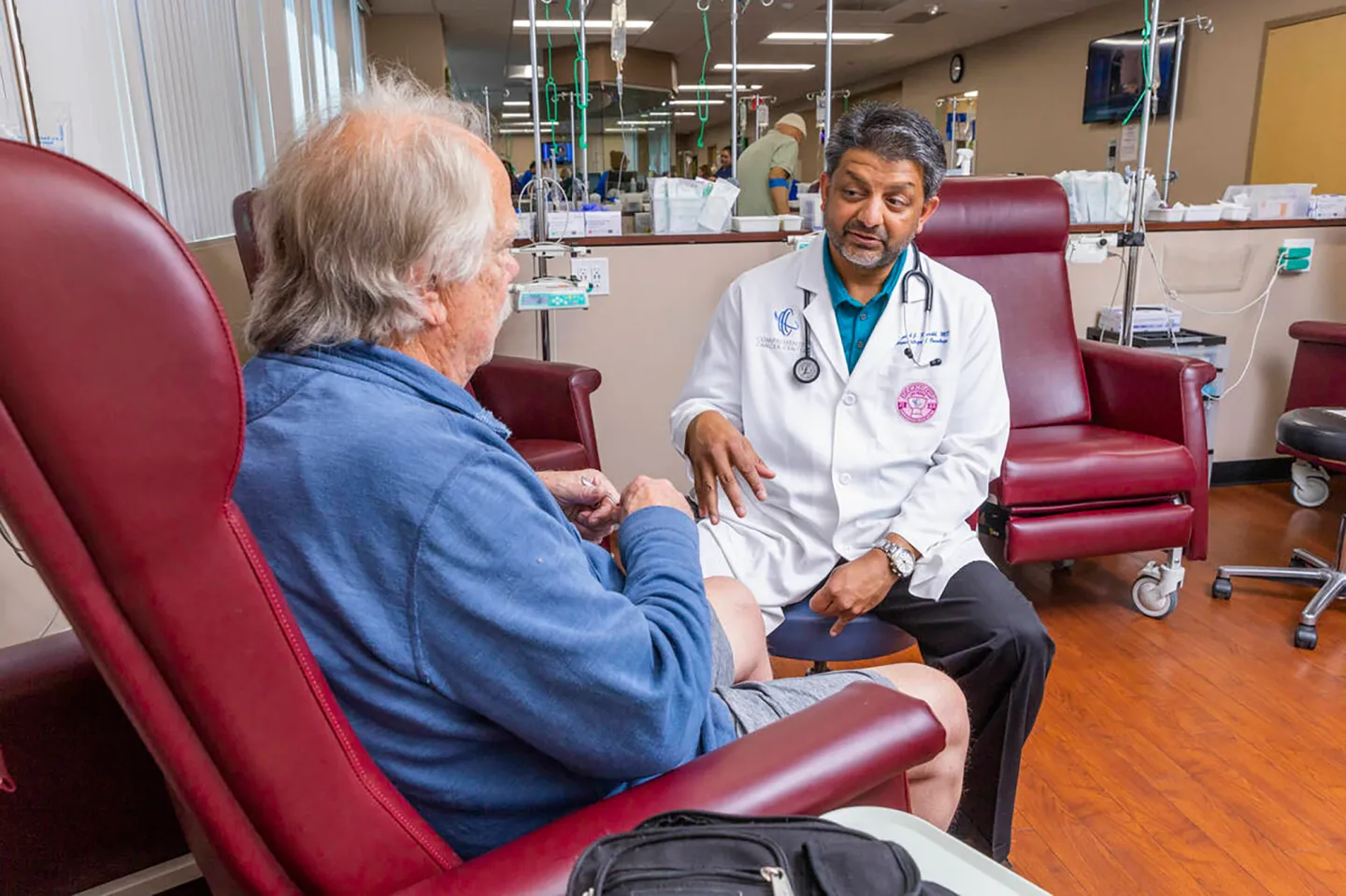EAST TEXAS, Texas (KTRE) – While cancer treatment centers across the nation struggle with chemotherapy drug shortages, East Texas appears to be navigating the crisis with more success.
As covered by ktre The National Comprehensive Cancer Network’s recent survey highlighted that nearly 89% of large cancer centers still face shortages of critical chemo drugs like cisplatin and carboplatin. However, East Texas cancer centers are reporting fewer issues thanks to robust supply chain management.
Dr. Jordan Buess, a medical oncologist at Texas Oncology, noted that patients in the region continue to receive essential chemotherapy treatments.
“I certainly have patients right now with lung cancer who are receiving these drugs. We see etoposide, in particular, patients with testicular cancer, patients with lymphoma,” Buess said, underscoring the ongoing need for these critical medications.
Cancer survivor Breanna Sanders, diagnosed in July 2023, successfully completed 16 rounds of chemotherapy and a double mastectomy. Her treatment regimen included potent drugs like the “Red Devil” and paclitaxel, which are vital for halting the spread of cancer cells in breast tissue.
Dr. Buess attributed the region’s success to strong relationships with drug suppliers, which have helped mitigate the impact of national shortages. “In East Texas, our patients are so fortunate to have Texas Oncology available because of the stronger relationships that we have with the drug supplier,” Buess explained.
Related Articles:
- Texas Executes Man Despite Pleas for Clemency and Changed Assessment
- Calls for Stricter Penalties Follow Tragic Motorcycle Fatality in Texas
- Nourish North Texas Phone Bank Makes Significant Impact in Community
To ensure consistent patient care, Texas Oncology has implemented a collaborative approach to managing drug supplies. “One of the things that we were able to do is sharing of the drugs, so each site would have allocations of the drugs that they are able to use any given week.
If one site maybe didn’t use one of their allocations, but another site needed more of that drug than they were allocated, we’re able to share,” said Buess.
The strategy has helped the East Texas region stay ahead, even as the broader healthcare system grapples with production issues, COVID-19 disruptions, and supply chain challenges.
